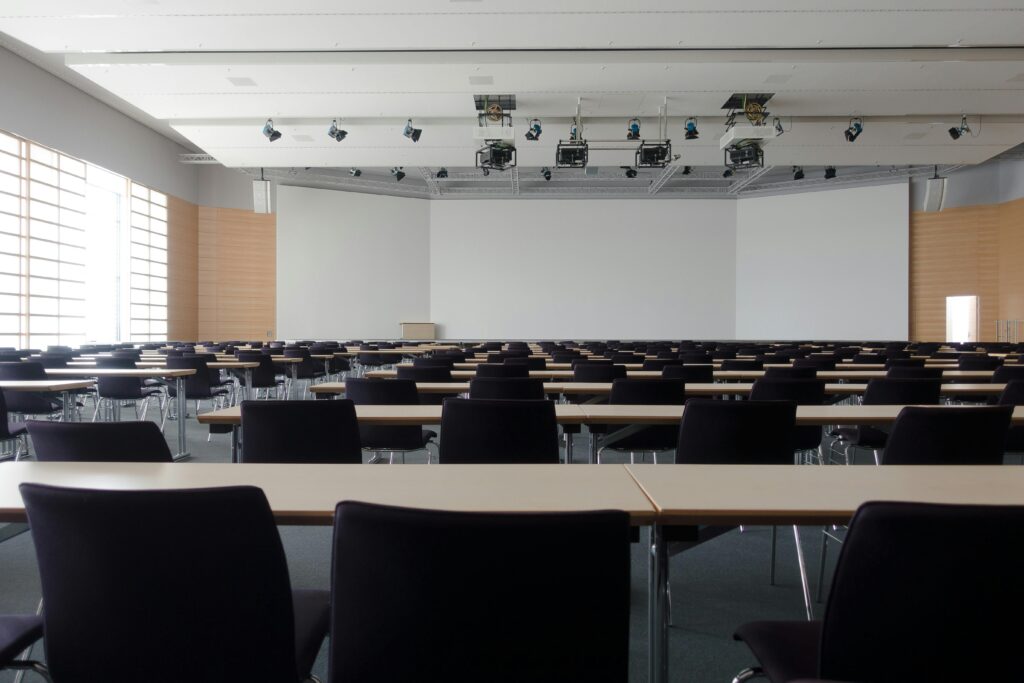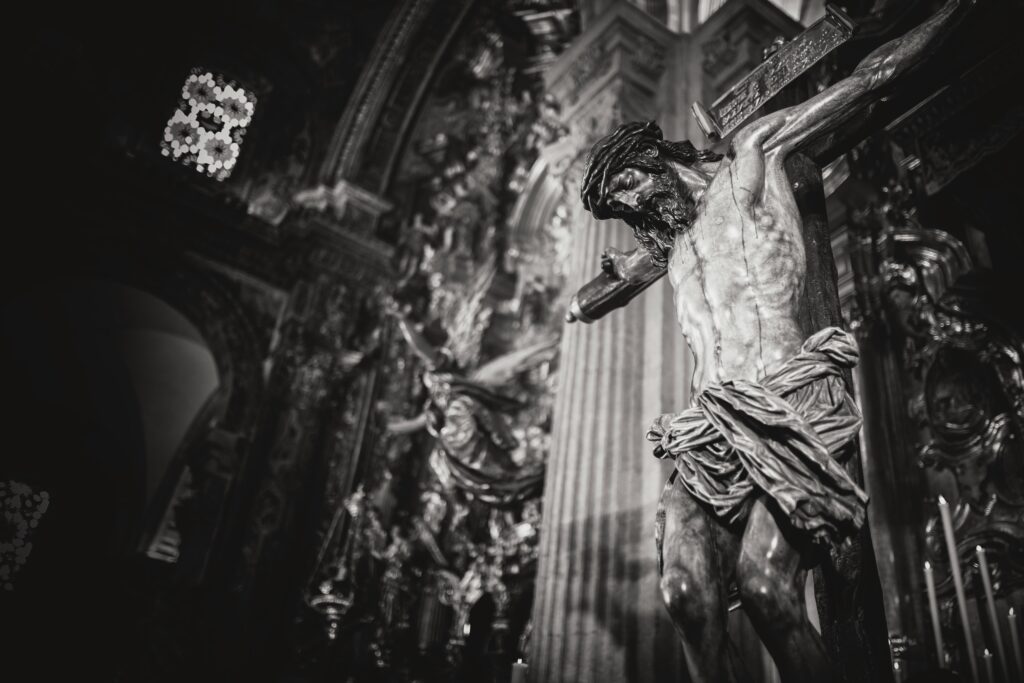An attractive educational project: making the lives of our students different
An attractive educational project: making the lives of our students different

There is a close link between what a teacher is and the level of education that his or her students or disciples will reach. Therefore, an essential task for a postgraduate teacher is the personal knowledge and the ability to self-direct that he or she has achieved.
To self-direct properly, it is necessary to delve into anthropological reality. We need to have a clear concept of what the human person is and the realities and capacities that he or she possesses. For example, it is difficult to know what one is capable of doing, because one has no previous experience of what one has not done before.
Now I will limit myself, following Juan Fernando Sellés, to making a brief reflection on human life: life is a movement from within, unitary and regulated.
First, life is characterized by being an internal movement, that is, from within. Everything that has life defines its movement from within itself, not from outside. It is an action, not a reaction. Unlike the rocket that goes to the moon, the movement of the living being is always its own. Now, if the characteristic of life is itself from within, the end of life cannot be outside of it but must be internal. The end of living beings is to live, even more, to achieve more life. From there we notice that the desire for life is not only to live, but to live better, to achieve a more perfect life: better conditions, more comforts, etc. There are, therefore, degrees of life. And in these degrees, life is more perfect to the extent that there is more personal reflection: how do I want to be in a few years, what objectives do I want to achieve, what will I contribute, why am I doing this? Without this self-determination, the standard of living is minimal.
Secondly, life is a unitary movement. The unity of the living being indicates that there is a unifying principle in it, which is precisely life. Life is a unitary self-movement. That is why the degrees of life are higher the more integrated they are. In man, this unity can contemplate aspects of his personal performance. The man who unites his appetites is a more alive man than the one who does not achieve it. He who unifies his decisions around an ideal, a common objective, a model, is a man with more life. That is why the highest form of life in man is life, which refers to the personal – intimate – relationship with God.
That is why we can affirm that the most sociable man is vitally more vigorous than the one who separates himself or disintegrates from coexistence. He has developed virtues for this socialization; and virtues are very high forms of life; they are qualities that allow unity at a higher level: organization, business, society. Without associativity, some challenges cannot be faced, but by interacting with others it is possible to overcome difficulties that are impossible for the individual. The unity of the whole, therefore, enables the production of goods. But these social structures require that individuals mesh easily, and this capacity is acquired by a man when he develops virtues. That is why it is necessary to work at the personal level to form efficient and effective organizations.
Thirdly, life is a regulated, ordered movement. Life implies internal order, compatibility of all parts with each other. In sensitive forms of life there is a subordination of the lower parts to the higher ones, and all with respect to the vivifying principle: the individual has to adapt his functions to the environment, and the individual is for the species. Therefore, in this area it is the vivifying principle of the species that regulates.
This observation allows us to show the immateriality of the vivifying principle that orders the lower to the higher. But it also allows us to see that the more life there is, the greater the demand for order, for subordination of the parts. This order is much more evident in the human body than in animals and plants. However, since human life is not reduced to the corporeal, there are also levels of order in man. One person can be more orderly than another in his belongings, in his plans, in his work, in his interests. Order thus becomes a sign of greater vitality, and the most important order will be at the level of ends. A life ordered in its ends is a life with a higher level of vitality, with greater perfection.
As business professors, we have to teach knowledge that generates more technical knowledge; and we have to teach certain techniques. But even if we are not aware of it, we will also transmit our vision of reality, of the world, of life. There will always be a message of this nature in our teachings, in our opinions and in our conversations. And since education is by imitation, if for some reason we have won the admiration or attention of our students, they, without being completely aware of it, will imitate us or will assume our particular vision.
Therefore, our way of being greatly influences our students. Not only the depth of a commercial, strategic or financial concept, but also the way we say it, how we formulate it. That is why it is very important that we pay attention to how we answer a question in class: calmly, clearly, confidently, without rushing and valuing the intervention. It is also appropriate for us to reflect on our opinions about the national reality, and on what we value or give importance to: the comment we make about an excellent profit after taxes, the analysis we present in the face of a sale at an exorbitant price, or the model of car that impresses us the most, etc.
All these aspects reflect in some way the standard of living that each one has: if it is determined from within, if it is unitary and if it is ordered. Our reflection must be made in these coordinates; and to the extent that these characteristics are present in our own life, our standard of living will be higher, and we will transmit a message of greater anthropological quality.
So far we have seen that as teachers we need a deeper knowledge of anthropological realities.
Let us now talk about the objective of our educational project. What we have reviewed about life aims to consider that in human reality different levels of living can be superimposed. In this sense, one of the highest is the one that opens up to the attention of the needs of those who are close to us. Therefore, I would like to propose for our educational project the same objective that Joseph Schumpeter proposed in his later years: to make the lives of our students different.
As business professors, we have to teach knowledge that generates more technical knowledge; and we have to teach certain techniques. But even if we are not aware of it, we will also transmit our vision of reality, of the world, of life. There will always be a message of this nature in our teachings, in our opinions and in our conversations. And since education is by imitation, if for some reason we have won the admiration or attention of our students, they, without being completely aware of it, will imitate us or will assume our particular vision.
Therefore, our way of being greatly influences our students. Not only the depth of a commercial, strategic or financial concept, but also the way we say it, how we formulate it. That is why it is very important that we pay attention to how we answer a question in class: calmly, clearly, confidently, without rushing and valuing the intervention. It is also appropriate for us to reflect on our opinions about the national reality, and on what we value or give importance to: the comment we make about an excellent profit after taxes, the analysis we present in the face of a sale at an exorbitant price, or the model of car that impresses us the most, etc.
All these aspects reflect in some way the standard of living that each one has: if it is determined from within, if it is unitary and if it is ordered. Our reflection must be made in these coordinates; and to the extent that these characteristics are present in our own life, our standard of living will be higher, and we will transmit a message of greater anthropological quality.
So far we have seen that as teachers we need a deeper knowledge of anthropological realities.
Let us now talk about the objective of our educational project. What we have reviewed about life aims to consider that in human reality different levels of living can be superimposed. In this sense, one of the highest is the one that opens up to the attention of the needs of those who are close to us. Therefore, I would like to propose for our educational project the same objective that Joseph Schumpeter proposed in his later years: to make the lives of our students different.
 (EN)
(EN)
 (ES)
(ES)
 (IT)
(IT)





